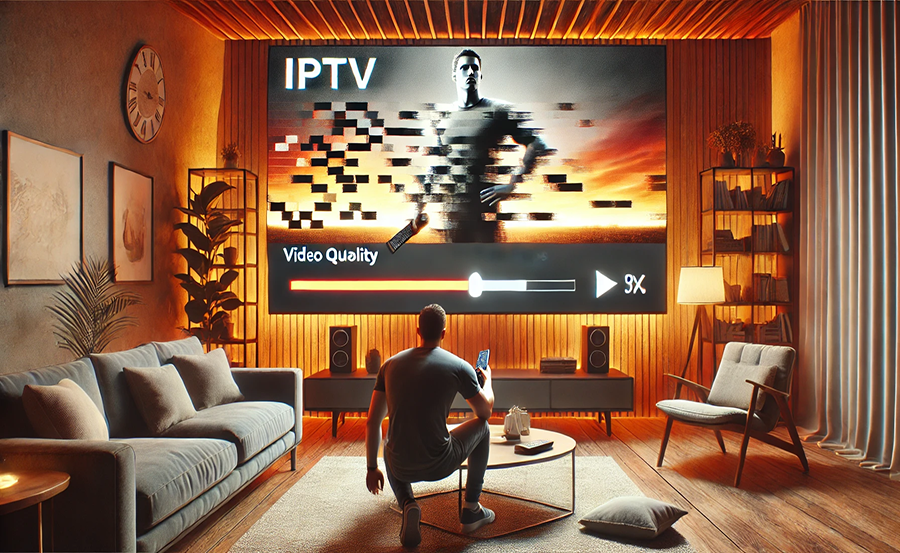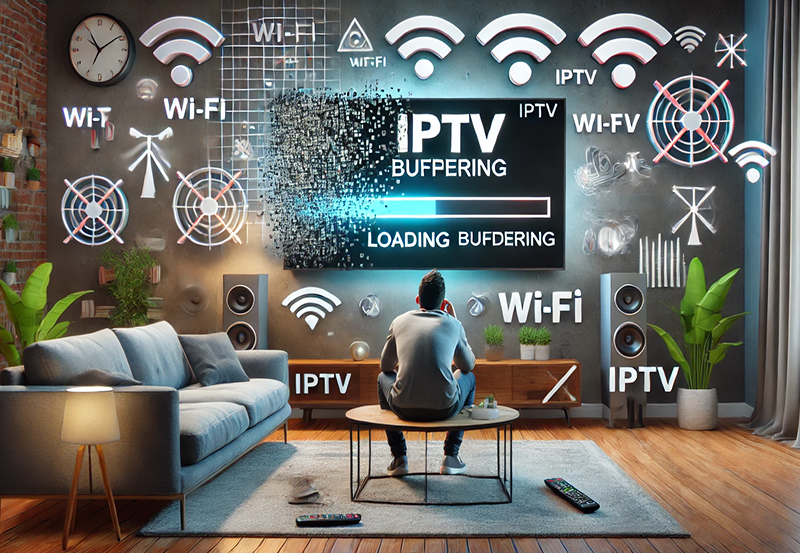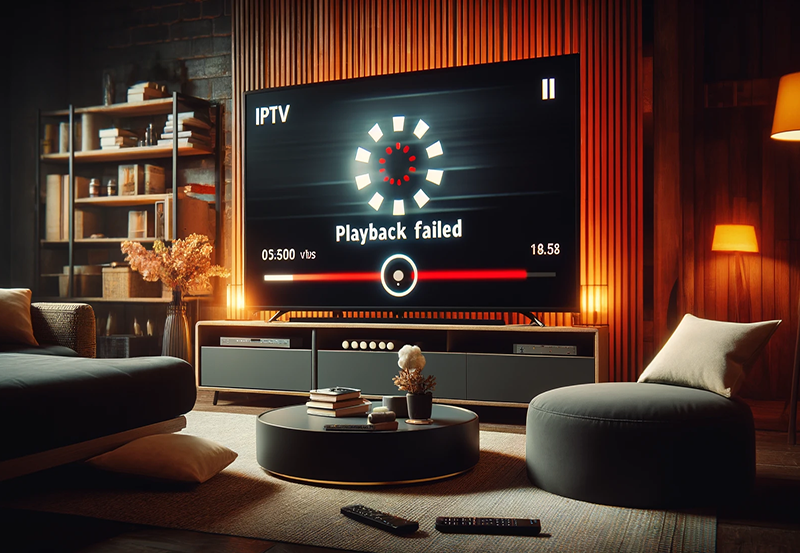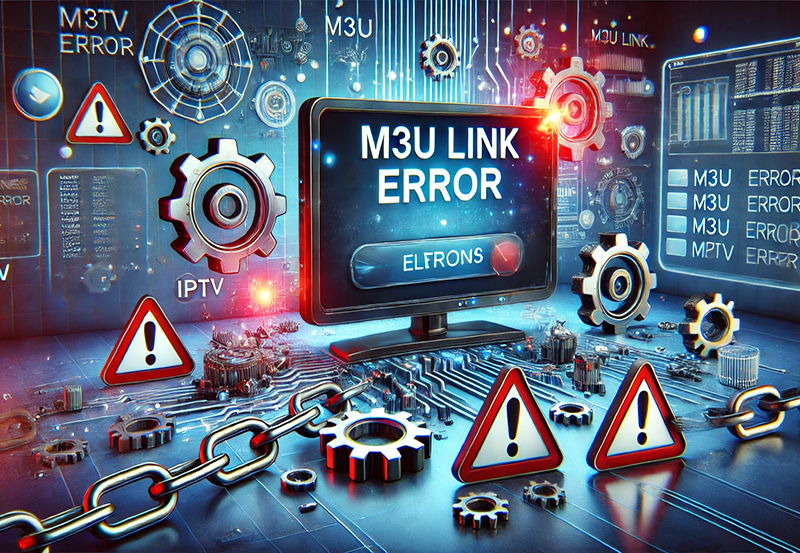In recent years, IPTV has revolutionized the way we consume television, offering a versatile and cost-effective alternative to traditional cable. While IPTV promises high-quality video streaming, users sometimes find themselves dealing with frustrating video quality drops. Understanding these issues and knowing how to tackle them is crucial for anyone relying on IPTV for their daily entertainment needs.
What Causes Video Quality Drops on IPTV?
Video quality issues on IPTV can be annoying, especially when you’re in the middle of your favorite show. Let’s explore the primary causes of these interruptions.
Poor Internet Connection
The most common culprit behind video quality drops on IPTV is an unstable or slow internet connection. Streaming high-definition content requires a certain bandwidth, and if your internet speed doesn’t keep up, quality drops are inevitable.
Expert Advice:
Get access to thousands of channels worldwide with XtremeHD IPTV, designed for sports lovers and movie enthusiasts.
In many cases, multiple devices connected to the same network can cause bandwidth congestion. This affects the available bandwidth for IPTV streaming, resulting in video buffering or pixelation.
IPTV Service Provider Limitations
Sometimes, the problem stems from the IPTV service provider itself. Not all providers offer the same quality of service. If they’re hosting channels on sub-par servers, you might experience drops in quality more often.
Choosing the best IPTV service with a reliable infrastructure is key. Look for providers that offer consistent uptime and buffer-free streaming to enhance your viewing experience.
M3U Playlist Configuration
M3U playlists are essential for IPTV functionality. If these playlists are not properly configured, they can lead to unexpected video quality issues. Incorrectly formatted playlists often result in failed streams or constant buffering.
To avoid this, ensure your M3U playlists for IPTV are correctly set up and regularly updated. This ensures smooth channel access and minimizes disruptions during playback.
Effective Solutions to Enhance Video Quality
Luckily, there are several strategies you can employ to improve your IPTV video quality, ensuring a glitch-free experience.
Upgrade Your Internet Connection
If you’re using a lower-tier internet package, it may be time for an upgrade. Opt for a high-speed connection that can handle streaming demands efficiently. A speed of at least 25 Mbps is generally recommended for HD quality streaming.
Reducing the number of devices connected simultaneously can also free up bandwidth, significantly boosting video quality.
Select a Reliable IPTV Provider
As mentioned, the choice of provider plays a crucial role. Evaluate different providers based on user reviews, channel availability, and streaming quality. The best IPTV service offers a wide selection of channels with minimal buffering.
Using free trials is a smart way to test a service’s performance before committing long-term.
Optimize Your M3U Playlists
Keep your M3U playlists up-to-date, regularly checking for broken links or incorrect formatting. Additionally, some IPTV apps offer editing tools that can help optimize your playlists, ensuring smooth streaming.
For personalized viewing, consider creating custom playlists focused on your preferred genres or channels.
Advanced Troubleshooting
If video quality issues persist, even after the above adjustments, you might need to delve further into technical configurations. Consulting your IPTV provider for advanced troubleshooting steps or reaching out to technical support can identify specific problems affecting your setup.
Frequently Asked Questions

Why does my IPTV video quality fluctuate frequently?
This can often be related to fluctuating internet speeds. Make sure your network is stable and consider using an Ethernet connection instead of Wi-Fi for more reliable performance.
Can VPNs impact IPTV streaming quality?
Yes, using a VPN can sometimes lead to reduced streaming quality due to added latency. If consistent quality issues arise while using a VPN, try disconnecting it to see if there’s an improvement in performance.
Is it necessary to have a specific internet speed for IPTV?
Yes, a stable speed of at least 25 Mbps is recommended for streaming HD content without interruptions. Higher speeds provide a buffer against quality drops, especially if multiple users are connected.
How often should I update my M3U playlists for IPTV?
Regular updates, at least once a month, are advisable to ensure that your playlists contain active and properly formatted links. This maintenance helps in sustaining seamless streaming experiences.
Do all IPTV services experience video quality drops?
Not necessarily. Quality largely depends on the provider’s server capabilities and infrastructure. Choosing a top-tier service reduces the likelihood of frequent quality issues.
Installing IPTV on Old LG Smart TVs: Tips and Tricks




